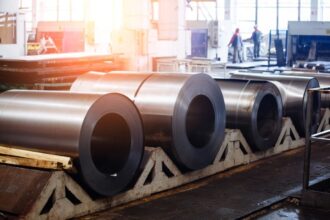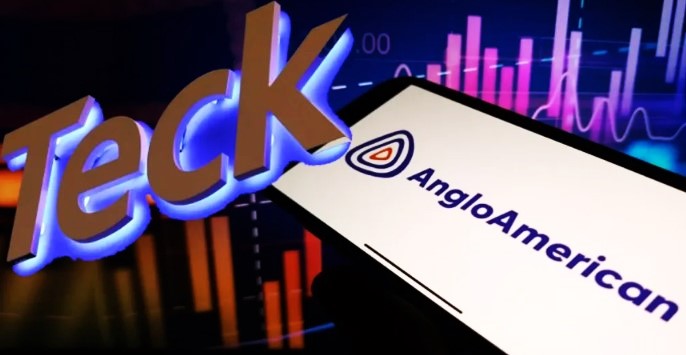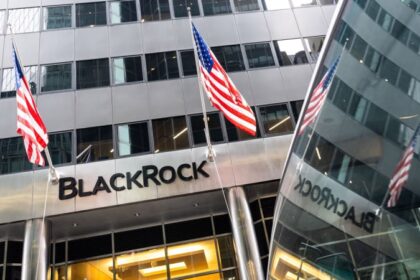On Tuesday, the London Stock Exchange showed a rare synchronicity: the FTSE 100 index rose by 0.2%, with mining companies leading the rally. At the center of attention was Anglo American, whose shares jumped 9.5% after confirming its merger with Canadian competitor Teck Resources. In the Strategic Insights section, it is emphasized that precisely such corporate moves can set the tone for the entire index – regardless of macro signals.
A merger of equals does more than add new numbers to market capitalization – it creates one of the world’s largest copper producers. For Teck shareholders, the terms are clear: 1.3301 Anglo shares for each of their own, valuing the company at around £14.9 billion ($20.2 billion). The market interpreted this as a signal of consolidation in the commodities sector, where copper is becoming a strategic metal in the era of energy transition.
At the same time, the British pound strengthened against the dollar to 1.35, reinforcing the overall sense of confidence in the market. But the picture was uneven. Germany’s DAX lost 0.3%, while France’s CAC 40 added 0.4%. Analysts note that this mixed performance across Europe points to growing fragmentation of investor sentiment, where local corporate stories outweigh the macroeconomic backdrop.
YourDailyAnalysis:
– Mobico Group plunged more than 22% – losses and weak first-half earnings erased hopes for a swift recovery.
– Dunelm dropped 8.3%, openly admitting it does not yet see signs of a sustained demand rebound.
– Phoenix Group regained some ground (+2.3%) after the previous session, when the market reacted harshly to news of its rebranding to Standard Life.
– Gamma Communications gained more than 5% thanks to a revenue growth report.
Such contrasts are normal for the UK market: the FTSE 100 traditionally reflects the diversity of the economy, where resource giants stand side by side with consumer and technology companies.
What this means for investors
The Anglo–Teck deal was the main catalyst, but the effect may prove systemic. Consolidation in the copper sector is a signal that companies are preparing for rising demand driven by electrification and the development of AI infrastructure. This is not just a corporate headline – it reflects a global trend.
YourDailyAnalysis conclusion: The FTSE 100 once again demonstrates that the index’s future is shaped not so much by macroeconomic indicators as by individual company stories. Investors should pay closer attention to deals in the commodities sector – these are becoming the key indicators of a new growth cycle.















